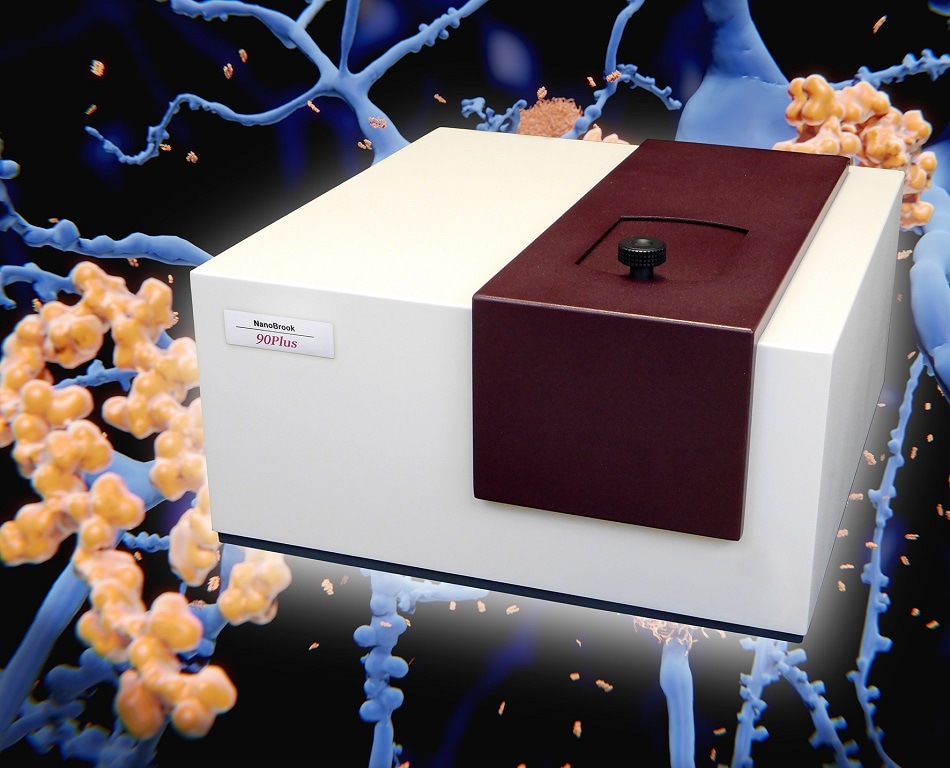Nov 5 2019

Testa Analytical Solutions reports on considerable interest from protein scientists to use Dynamic Light Scattering (DLS) as a tool for screening for the presence of aggregates as it is extremely sensitive to these larger compounds.
Protein aggregation is a common challenge in the manufacturing of biological products. Protein scientists particularly like DLS because it provides them with a simple, fast and non-destructive test for aggregate detection, where the very same sample can also be used for Small-Angle X-ray Scattering (SAXS) or Small-Angle Neutron Scattering (SANS) experiments. SAXS or SANS are powerful techniques used to extract structural parameters and determine the overall structures and shapes of biological macromolecules, complexes and assemblies in solution. The presence of aggregates is known to negatively affect SAXS and SANS results, consequently scientists can use DLS as a selection tool to make sure protein samples are “good” candidates for their measurements.
Raffaele Carano, Applications Lab Manager, Testa Analytical Systems
The NanoBrook 90Plus particle size analyzer incorporates all you need for fast, routine, sub-micron measurements. Based on the principles of Dynamic Light Scattering (DLS), most measurements only take a minute or two. Protein aggregation in samples can occur due to changes in pH or temperature. The NanoBrook 90Plus in association with an autotitrator is a perfect system for monitoring protein samples for aggregation.